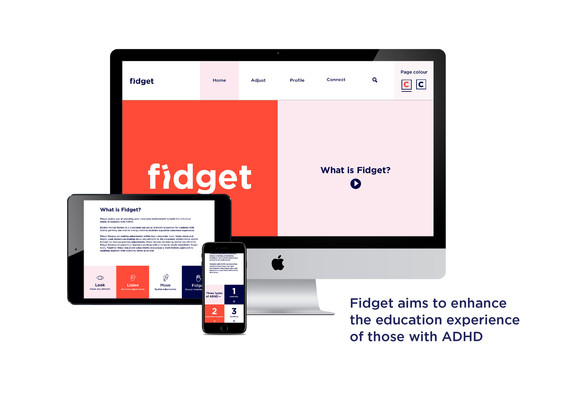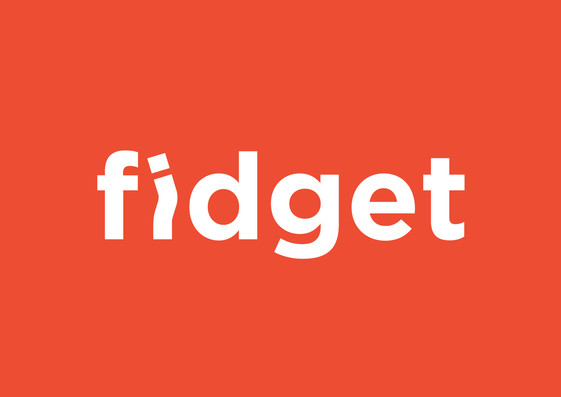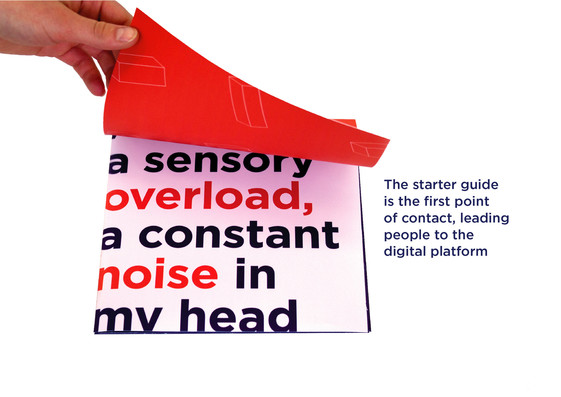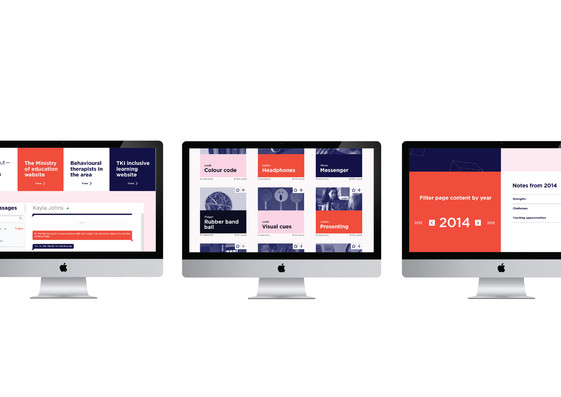In this interview, Tyree Gunn talks about her gold-winning project Fidget and the power of faking it till you make it.
Student Council Interview
Interview with Tyree Gunn
Introduction

Do you mind telling us a little about what you’re currently doing?
I’m currently a designer at Alphero, a digital design agency in Welly. A normal day for me could involve anything from whipping up rough wireframes, to producing a polished visual style for an app or website. Some of the products I have worked on that I am most proud of are the 2degrees app and the Radio New Zealand app. The team are great, I feel super lucky to work with such inspiring people!
What do Alphero focus on?
Alphero focus on all things digital. Our design team in highly collaborative, we’re constantly working alongside developers and testers to deliver the final product. Within the design team people can choose to specialise in certain areas: for example ux, strategy, animation, visual bling, designing for voice, etc. The end goal of what we do is to create digital experiences that people enjoy using but also deliver value for our business partners.
What was your first creative memory?
I used to make a hand drawn magazine that I would deliver to my cousins. It had quizzes and competitions with prizes haha.

Do you mind telling us about the project you won a Gold Pin for?
Fidget is an online platform that transforms existing resources on ADHD into an inclusive, customisable, emotive system. It aims to empower teachers and parents to adjust classroom environments to meet the needs of students with ADHD. Disability is often seen as a barrier, but can inspire innovative solutions.
What made you interested in ADHD?
This is a personal topic, as my younger brother has ADHD. Quite often, the factors that determine whether he has a challenging or successful year are his classroom environment, his relationship with his teacher and the support structures in place around him. My brother is just one of many children whose ADHD acts as a barrier to thriving at school. Often the greatest challenges that children with ADHD face arise from the demands of formal education, yet currently there are very few innovative approaches to this issue. They are capable of learning in the right environment, but in most cases their mode of functioning is not synonymous with the dominant western education system.

What was the most important thing you learnt at university?
Who I am as a designer and how to think conceptually. Learning how to use design tools is the easy part, the true value lies in how you apply them in your own unique way.
If you could go back to when you were starting uni, what advice would you give yourself?
Fake it till you make it ;) If you believe in your ability as a designer, other people will be more likely to as well.
How have you 'faked it till you made it’?
I do this every time I’m pushed out of my comfort zone. If I have a large presentation or am meeting a new client then faking confidence normally fast tracks gaining real confidence.

How has an apparent failure set you up for later success?
I my third year of uni I applied for Summer of Tech, an internship programme. I went along to a meet and greet event, but was too nervous to talk to any employers. Needless to say I didn’t get an internship. The following year I applied again and talked to everyone I could (and surprisingly really enjoyed myself). It lead to getting my internship of choice at the company I now work for.
What advice would you give to students who are too scared to network?
Figure out what puts you at ease and makes you feel confident. For me this is being as prepared and organised as I can.
What is bad advice you hear people giving design students?
Tough question! When I was in my last year of college there was a lot of casual comments about creative study not getting jobs. Fake news! If you are passionate about something, you’ll put you all into it and most likely get a job.